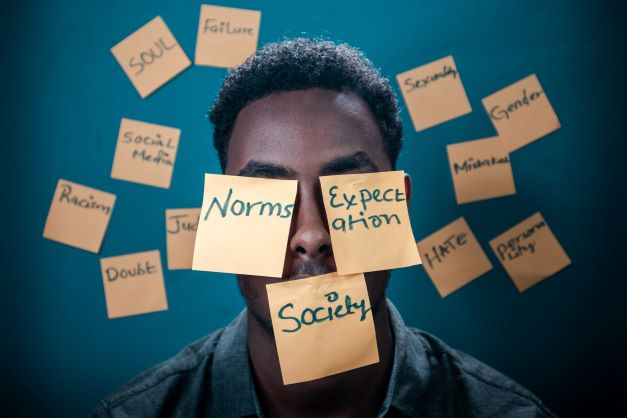COMM 3710U – Media, Identity and Intercultural Communication

Our identities–our sense of “who we are '' and “who we are not” in society–are powerfully shaped by our histories and lived experiences as related to race, ethnicity, nation, language, religion, gender, class, age, ability, lifestyle, and so much more. Our identities are also shaped by media representations, but with all kinds of media playing such a significant role in underrepresenting, misrepresenting and sometimes outright stereotyping identities in society, much is misunderstood, and everything from cross-cultural confusion to inter-group conflict may ensue. This course surveys the field of intercultural communication in an age in which our identities are mediatized, and wherein everything from ads to anime to Instagram posts play a formative role in shaping how we come to know ourselves in relation to the identities of others. In this course, students learn how identities are shaped by communication and media with an eye to equity, diversity and inclusivity. They develop the intercultural knowledge and competence required to communicate professionally with people from a diversity of communities and cultures that may be unlike their own.
